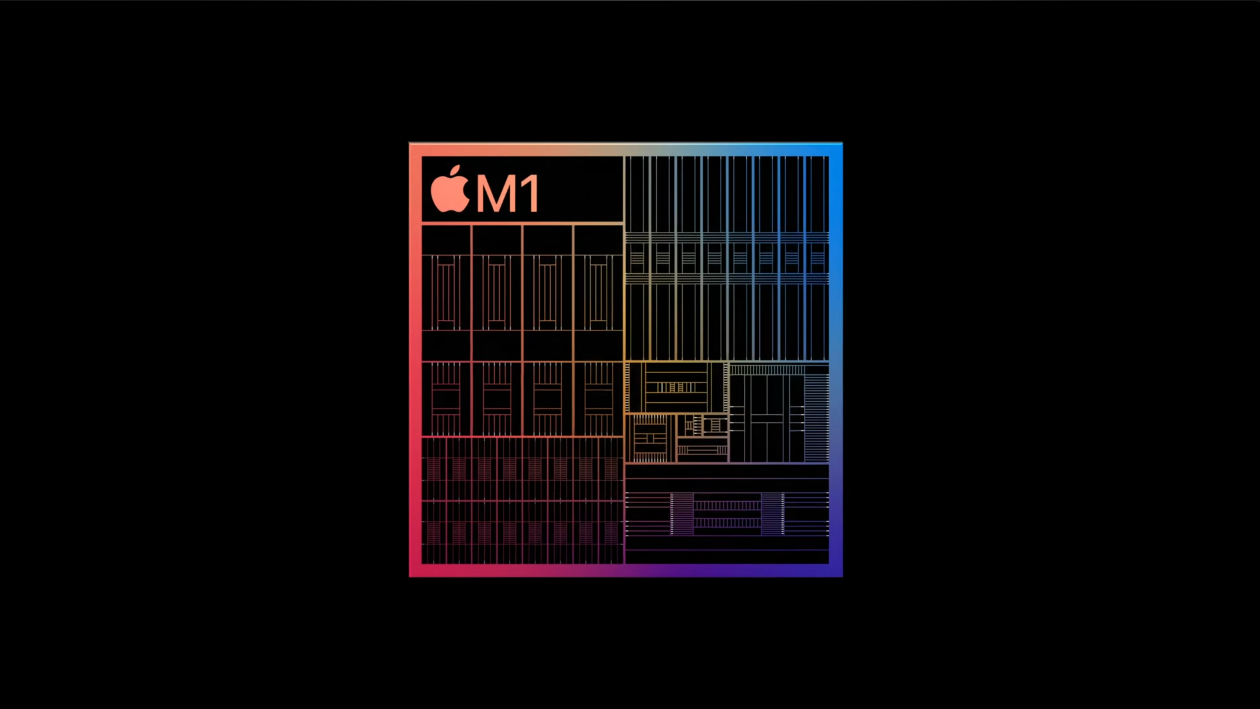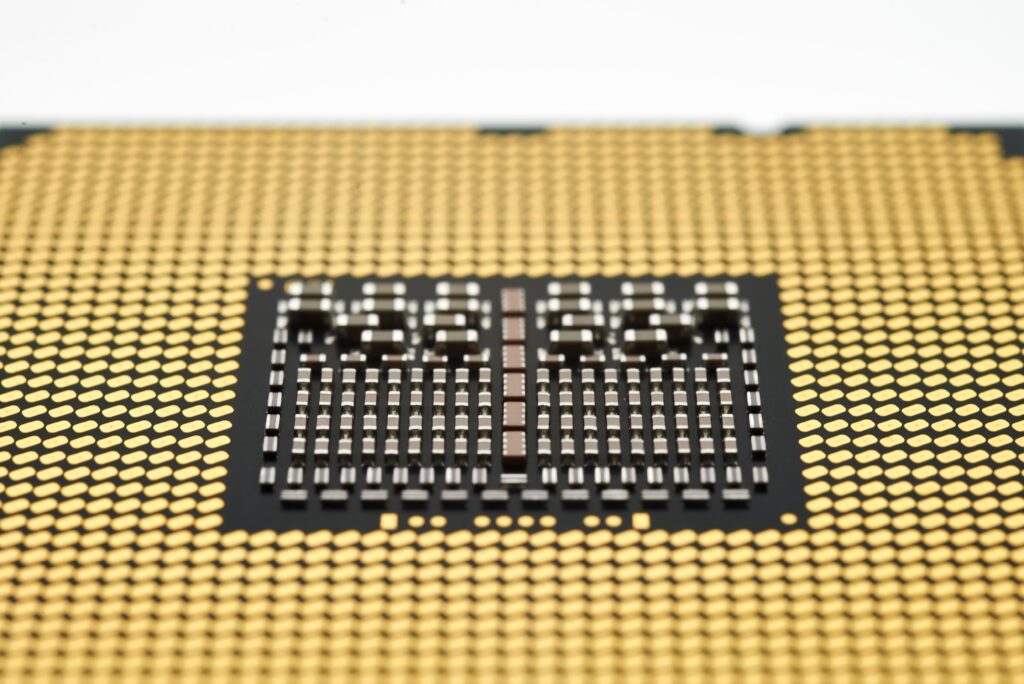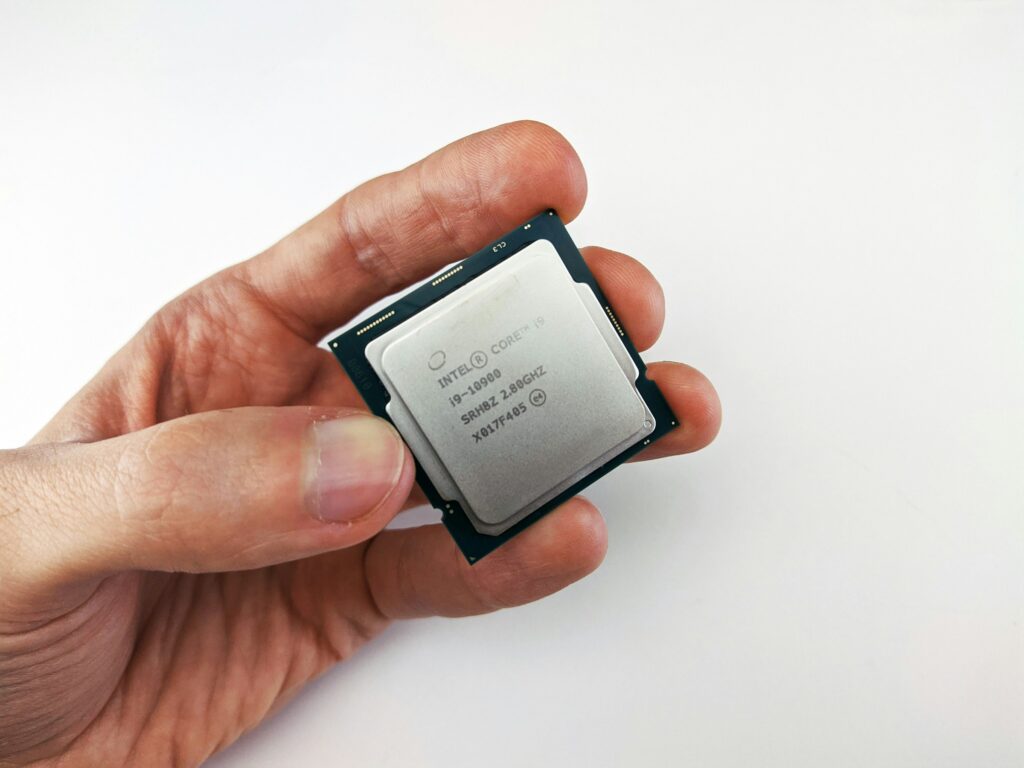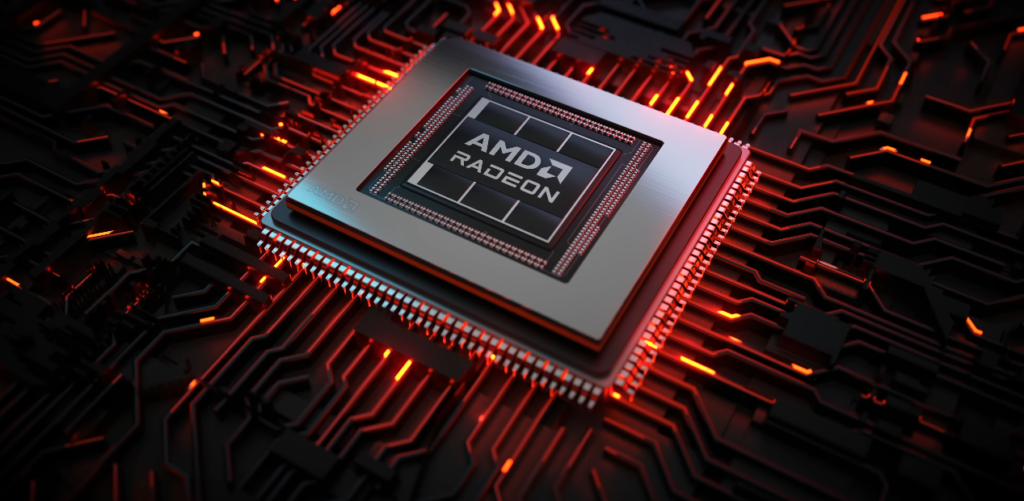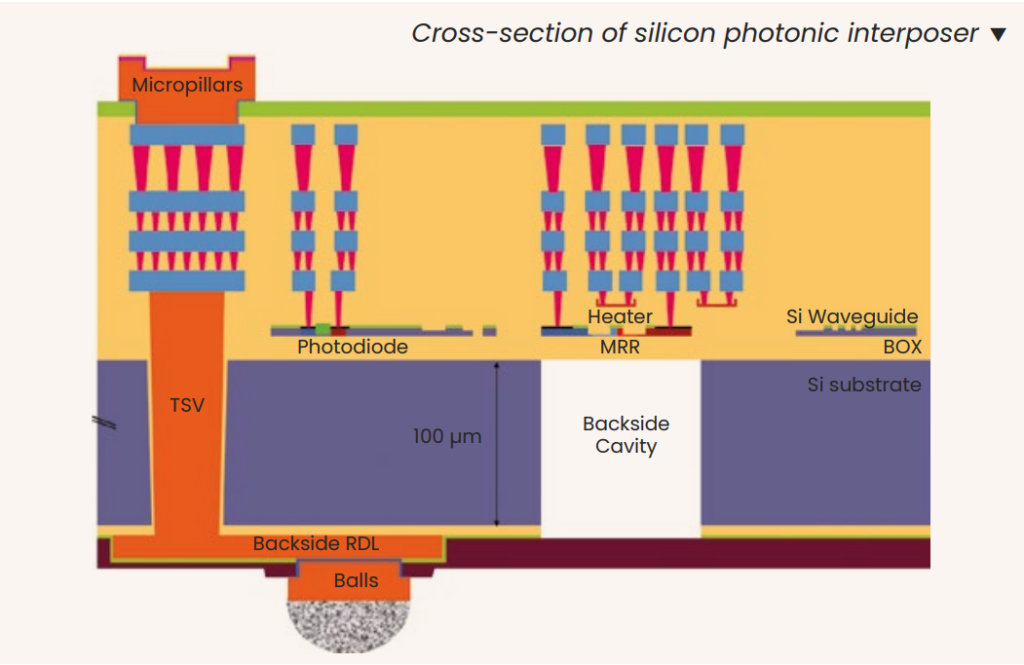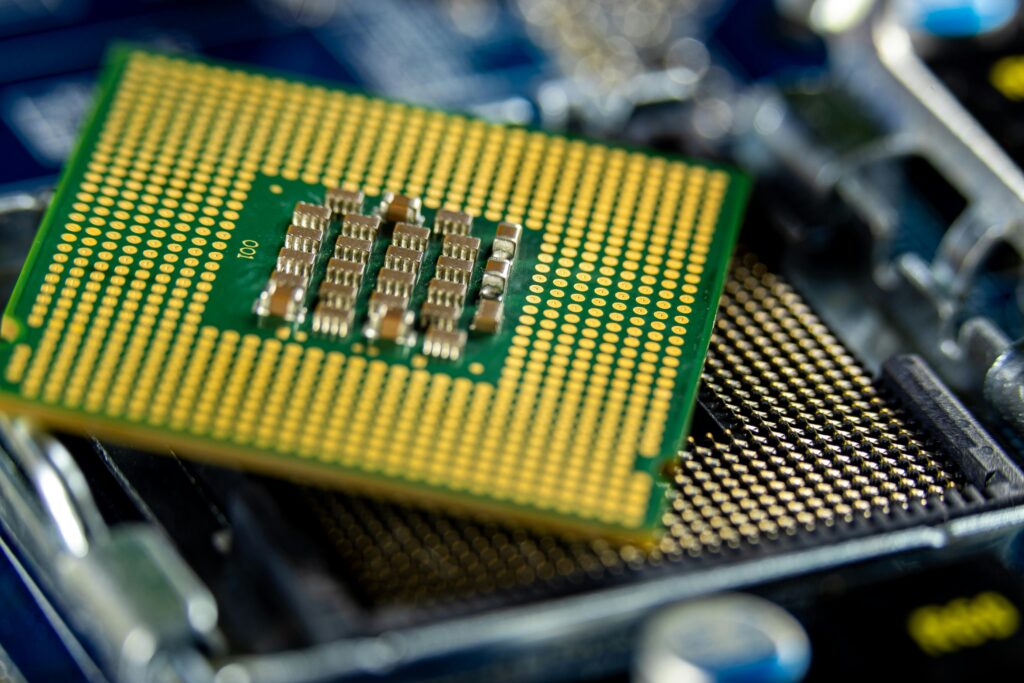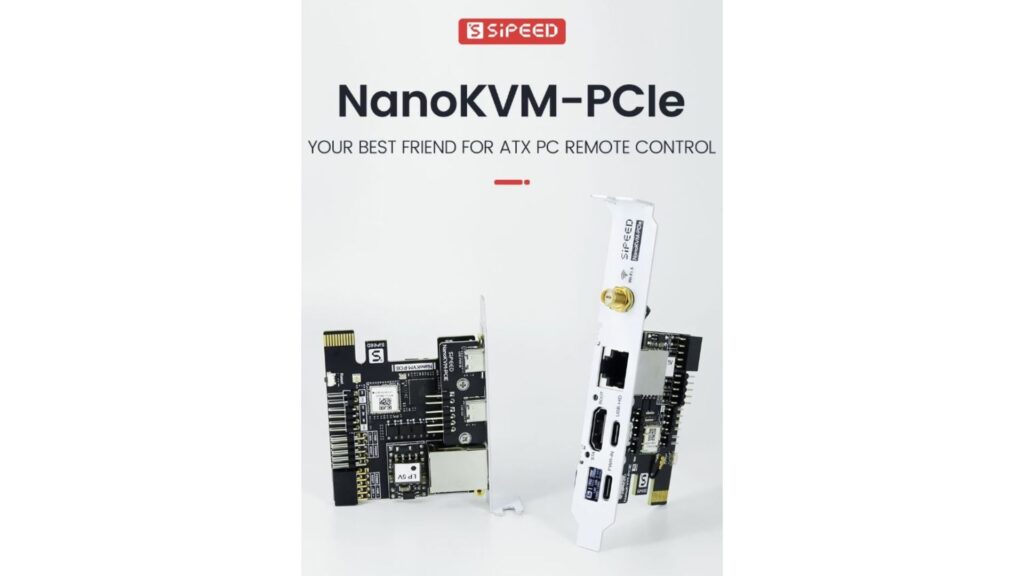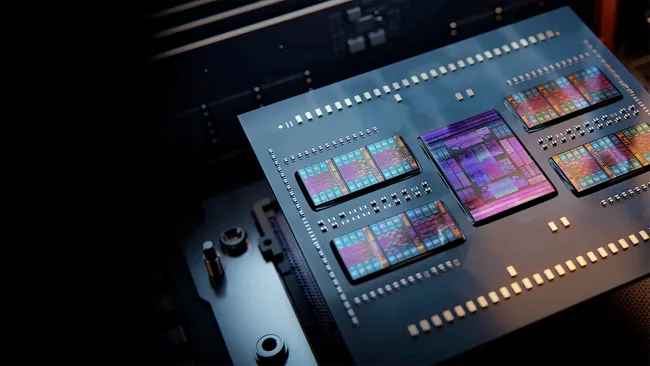Asahi Linux Brings x86 Windows Gaming to Apple Silicon with Four Translation Layers
Apple Silicon users can now play x86-based Windows games on Linux, thanks to Asahi Linux’s groundbreaking efforts. Asahi Linux is the first Linux distribution to support x86 Windows games on Apple M1 and M2 ARM-based processors. This feat is made possible through a series of four translation layers, each designed to tackle specific challenges of running x86 games on ARM architecture.
The translation stack starts with FEX, which emulates x86 instructions, allowing them to run on ARM hardware. Wine handles translating Windows code to Linux, while DVK and Proton convert DirectX API calls to Vulkan, Asahi’s supported graphics API. The Asahi toolkit includes Vulkan 1.3 drivers, the first conformant OpenGL, OpenCL, and Vulkan drivers for Apple ARM-based systems.
Adding complexity to this process is Apple’s use of 16K page sizes, while x86 games expect 4K pages. To overcome this, Asahi virtualizes a secondary ARM Linux kernel that uses the required 4K pages. The x86 games run within a micro virtual machine (muvm), allowing necessary devices like the GPU and peripherals to be passed through for gameplay.
Asahi’s compatibility for x86 Windows games is still in alpha. While many games, such as Cyberpunk 2077, Portal 2, Fallout 4, and Control, are already running, issues remain. One key blocker is the lack of sparse texturing in the Honeycrisp driver (Vulkan 1.3), which is necessary for full DirectX 12 support. However, the progress made with Asahi Linux paves the way for future breakthroughs in Apple Silicon gaming.
